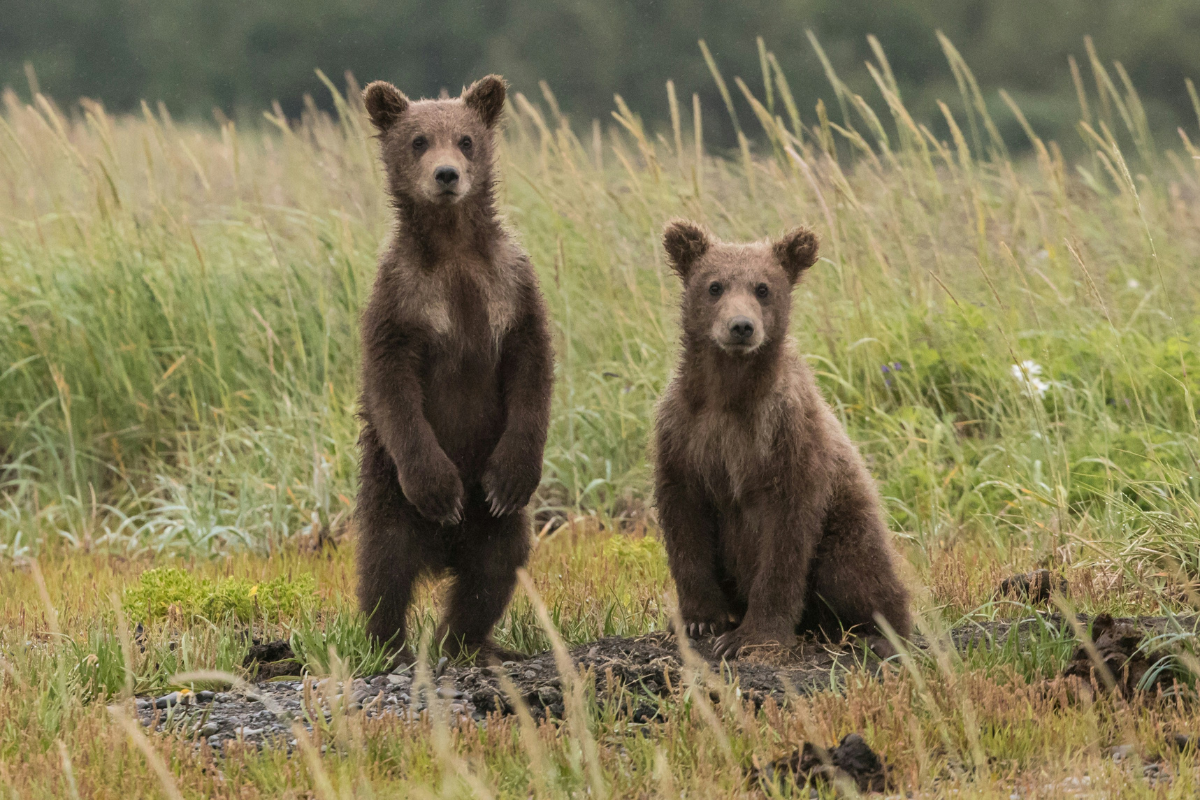The outcry over the appointment of animal advocates to the Colorado Parks and Wildlife Commission demonstrates the deep need for reform in the agency.
It also illustrates the desperation of the shrinking U.S. hunting industry.
The hunting industry tried to muster people to flood senators with emails and phone calls in the last week, urging a “no” vote on the appointees, arguing the new commissioners lacked outdoor recreation experience and their work as animal advocates meant they had biases and could not adequately represent the interests of hunters and anglers.
What a bunch of hypocrites.
Most state wildlife agencies and commissions in the United States are filled to the brim with people who believe hunting is conservation and are biased against letting wildlife flourish in their own way while simultaneously ignoring the input of wildlife watchers.
This is despite the fact that overall, the U.S. hunting industry has failed to attract new hunters in over a decade—a measly 4 percent of the population in the United States hunts, and that has remained the same for the last 11 years. (Hunting participation peaked in 1982, when nearly 17 million hunters purchased 28.3 million licenses. At that time hunters represented 7.2 percent of the U.S. population.)
Meanwhile, half of the U.S. population 16 years old and older enjoyed wildlife watching in 2022, according to 2022 National Survey of Fishing, Hunting and Wildlife-Associated Recreation. The survey revealed 148.3 million U.S. residents participated in wildlife-watching activities. That’s up from 86 million in 2016.
“I hope that the new commissioners will move CPW in the right direction—away from the narrow focus on hunting and fishing and towards protecting the health of Colorado’s ecosystems, the animals who call it home, and the people who respectfully enjoy Colorado’s amazing outdoors,” said Jennifer Best, director of Friends of Animals Wildlife Law Program, which has offices in Centennial. “CPW should be aimed at protecting wildlife and promoting responsible outdoor recreation. A very small percentage of people in Colorado hunt and the expectation that all commissioners should promote hunting and fishing impedes needed policy reforms and will only leave Colorado worse off.”
FoA knows all too well how CPW caters to people who have an interest in killing wild animals for trophies or bragging rights.
In 2020, CPW passed a rule that required people to buy a hunting or fishing license to access State Wildlife Areas even though other recreationalists wanted to contribute to wildlife conservation and pay for a general access pass. It wasn’t until after Friends of Animals filed a lawsuit that CPW reversed course and made an access pass available.
Last year, CPW again issued regulations that favored hunting and fishing. Under these regulations, people watching wildlife could not camp, raft or even hike in many areas, but someone hunting or fishing can. There was no evidence to support favoring hunters and fishers over other wildlife recreationalists.
CPW’s official notice asked the public to submit comments on the proposed regulations at the EngageCPW website and stated that the Commission would consider them. Then it never even sent the public comments to the Commission.
Many comments proposed alternatives to better protect wildlife and provide access for wildlife recreation. But the Commission approved the regulations without ever receiving these comments.
“FoA, along with other recreation and conservation organizations, is currently challenging the most recent set of regulations that apply to State Wildlife Areas,” Best said. “It is this arbitrary favoritism towards the hunting and fishing industry, not animal advocates, that are eroding trust in CPW.”
The shrinking of the U.S. hunting industry goes to show what advocacy, informed by science and ethics, has made possible. For decades FoA, one of the only anti-hunting groups in the U.S, has been exposing the truth about hunting. Hunting is not conservation—it’s sadistic, unjustifiable killing of wildlife who deserve to be thought about as more than targets.
Protecting wildlife and habitat preservation is. It is gratifying to see our educational outreach working.
See also: FoA sues CPW for forcing nature lovers to carry hunting licenses

